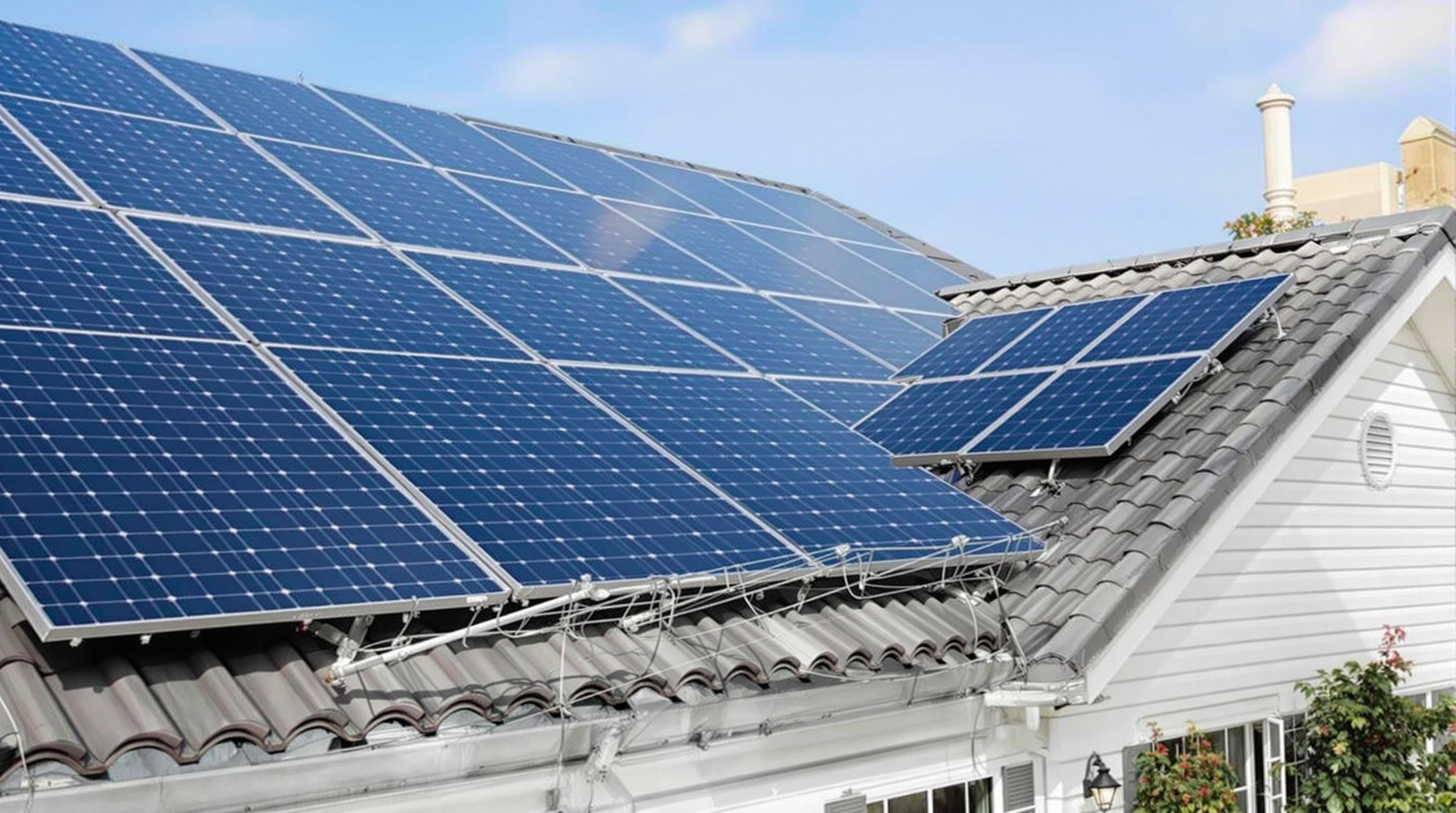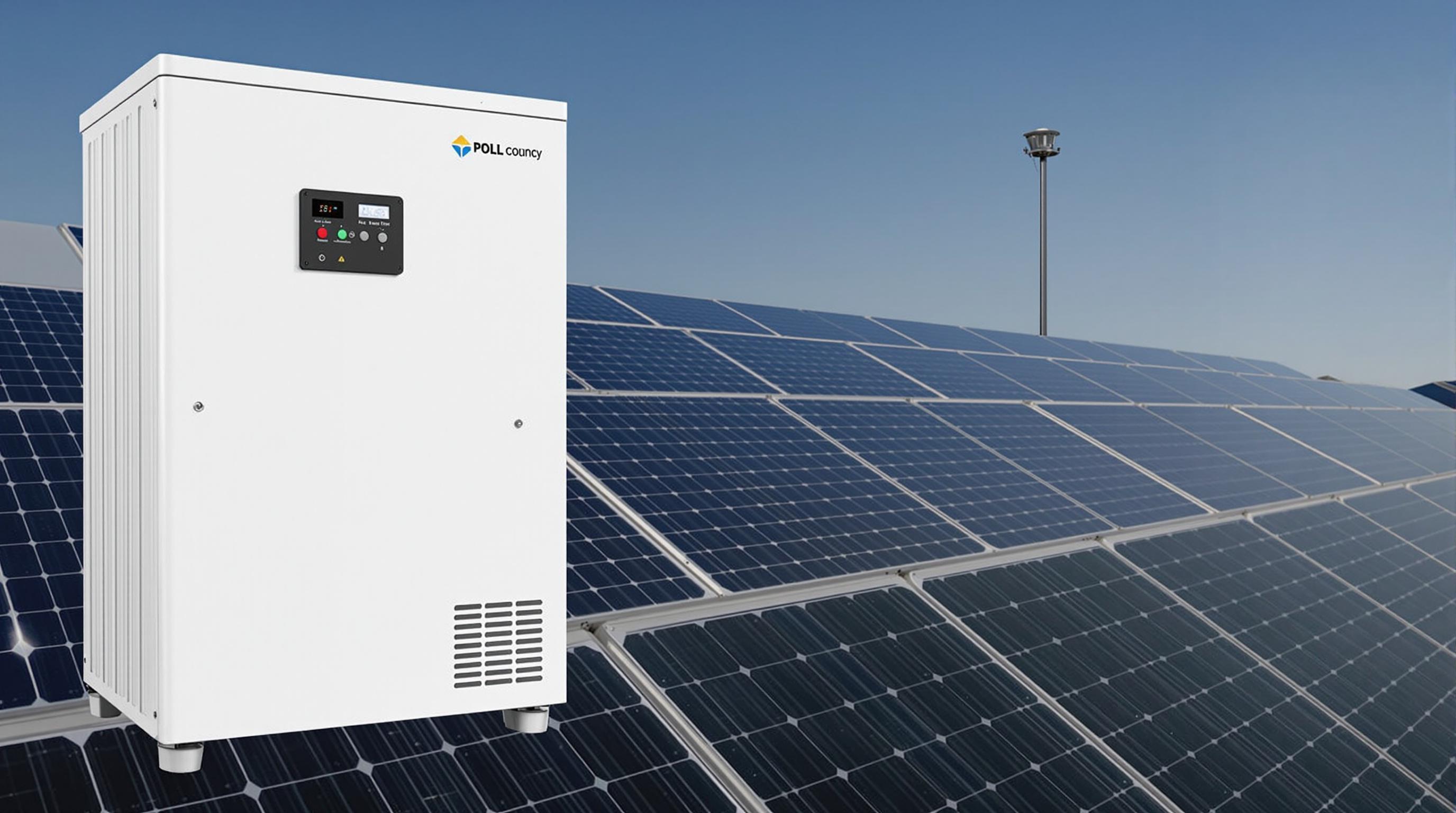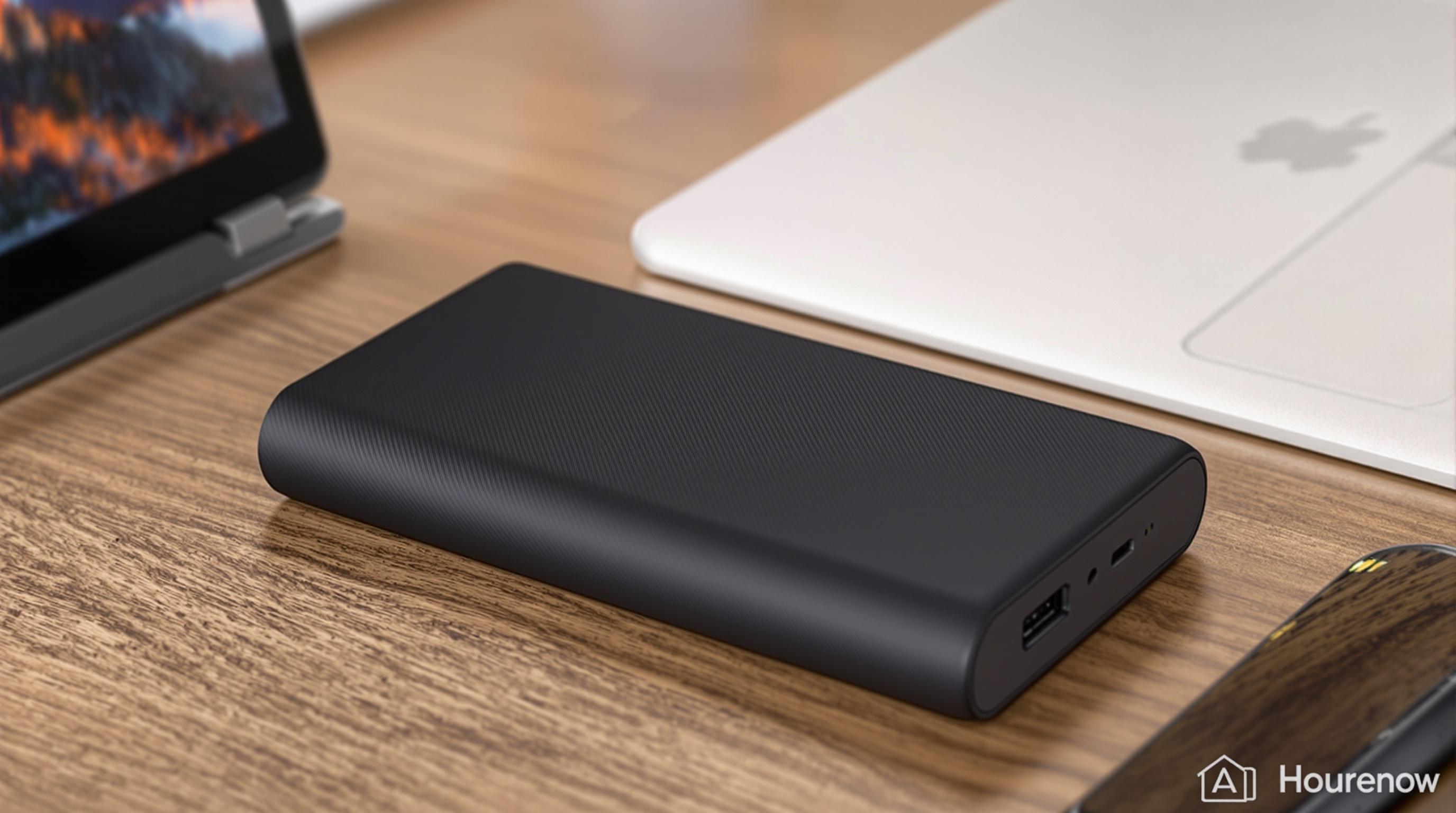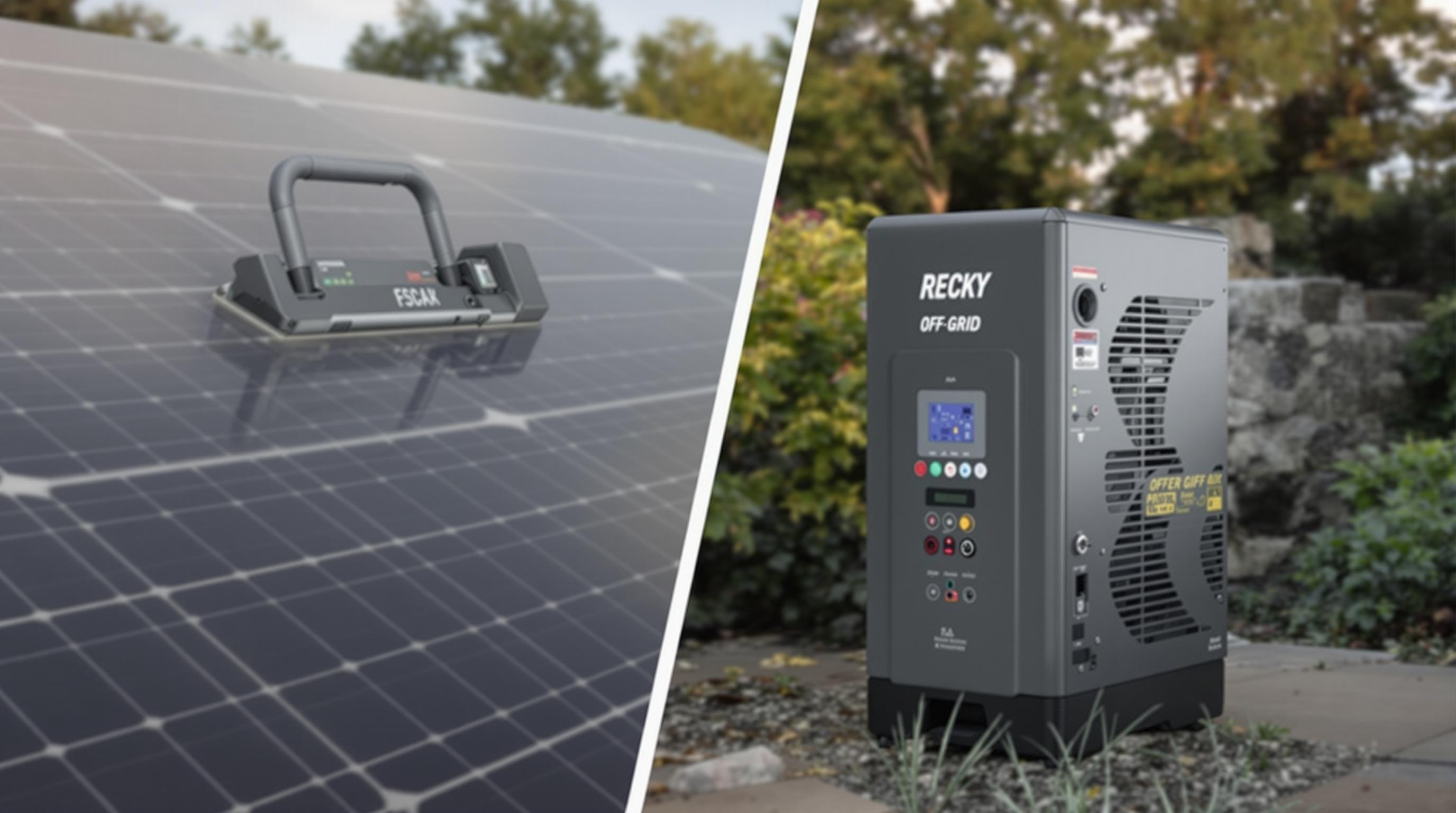Related Articles
- 5 Emerging Solar Panel Sensors from the Past Five Years That Are Disrupting Industry Standards
- How Soil Microbes Influence Solar Panel Efficiency and What It Means for Long-Term System Care
- Top 5 Under-the-Radar Solar Inverters Launched Since 2019 That Unlock Hidden State Incentive Perks
- How Solar Equipment Ownership Influences Local Job Markets and Community Economic Growth Patterns
- Unexpected Environmental Consequences of Solar Net Metering on Local Wildlife Habitats and Migration Patterns
- 5 Breakthrough Solar Battery Storage Systems From the Past Five Years Ranked by Real-World Reliability
Top 8 Most Advanced Home Energy Storage Systems Released Since 2019: Performance and Value Compared
Top 8 Most Advanced Home Energy Storage Systems Released Since 2019: Performance and Value Compared
Top 8 Most Advanced Home Energy Storage Systems Released Since 2019: Performance and Value Compared
Introduction
As the global energy landscape continues to shift towards renewable sources, home energy storage systems have become essential for maximizing efficiency and resilience. Since 2019, numerous advanced battery solutions have entered the market, each offering unique features to cater to different household energy needs. These systems not only help in reducing electricity bills but also provide backup power during outages, supporting a sustainable lifestyle.
The evaluation of these storage systems should consider factors such as capacity, efficiency, lifecycle, integration capabilities, and cost. Homeowners seeking to invest in energy storage must analyze these specs to find the best fit for their energy consumption patterns and budget constraints.
Below, we review the top eight most advanced home energy storage systems released since 2019. This comparison highlights their performance, technological innovations, and overall value to empower consumers in making informed decisions.
1. Tesla Powerwall 2 (Updated Models post-2019)
The Tesla Powerwall 2 continues to be a benchmark in home energy storage, boasting a usable capacity of 13.5 kWh and an impressive round-trip efficiency of 90%. Since 2019, improvements in software and integration with Tesla Solar Roof and the Tesla app have enhanced user experience and energy management capabilities.
Its scalable design allows installation of multiple units to suit larger homes or increased energy needs, with features such as solar self-consumption and time-based control to optimize energy usage. The Powerwall supports seamless backup during grid outages, providing peace of mind in emergency situations.
While the upfront cost remains on the higher side, typically around $11,500 including installation, the Powerwall's reliability, robust performance, and extensive warranty make it a valuable investment for many homeowners. [Source: Tesla Official Website, 2023]
2. LG Chem RESU Prime 10H
LG Chem's RESU Prime 10H is a compact lithium-ion battery pack offering 9.8 kWh of usable energy capacity. Released with updates post-2019, it provides high voltage options compatible with various solar inverters, improving installation flexibility.
The battery is known for its high energy density and thermal management, leading to enhanced safety and longevity with a typical cycle life exceeding 6,000 cycles. The modular design allows homeowners to expand capacity with additional units if needed.
Pricing generally falls below Tesla’s Powerwall, providing strong value for consumers seeking reliable storage without premium costs. Integration with smart home systems remains an area where LG continues to develop improvements. [Source: LG Chem Product Documentation, 2022]
3. Sonnen eco 10
Sonnen’s eco 10 is a leading German-engineered home battery, delivering 10 kWh of usable capacity using lithium iron phosphate (LiFePO4) chemistry. This technology prioritizes safety, long life, and environmental friendliness.
The system is built for intelligent energy management, featuring options for virtual power plant connectivity and load shifting to reduce grid dependency. With a round-trip efficiency around 89%, it balances performance with eco-conscious design.
The premium price range reflects the advanced software and robust build quality; typical costs are between $15,000 and $17,000 installed. Still, many users appreciate the warranty up to 10 years and the company’s commitment to sustainability. [Source: Sonnen Official Literature, 2023]
4. Enphase Encharge 10
Enphase introduced the Encharge 10 in 2020 as part of their modular home storage lineup. Using lithium iron phosphate cells, it provides a 10.08 kWh usable capacity with an efficiency rating near 96%—notably one of the highest available.
The system’s modularity enables adding units in increments of 3.36 kWh to customize storage size for a home’s specific demands. It integrates seamlessly with Enphase microinverters and the Ensemble energy management platform for grid resilience.
With a competitive price and a 10-year warranty, Enphase appeals to tech-savvy homeowners invested in smart solar-plus-storage ecosystems. Its software-driven features add considerable value in active energy optimization. [Source: Enphase Energy Product Data, 2021]
5. Panasonic EverVolt
EverVolt by Panasonic launched a flexible home battery system with capacities ranging from 11.4 to 22.8 kWh, using high-capacity lithium-ion cells. Post-2019 updates enhanced system efficiency and inverter compatibility, allowing hybrid or AC-coupled configurations.
Designed for durability, EverVolt provides a competitive warranty and robust thermal management, aiming for a cycle life exceeding 6,000 cycles. The system supports user-friendly monitoring via a dedicated app, improving energy usage insights.
Pricing is mid-tier, approximately $12,000 for the base system, offering a good mix of performance and capacity, especially for larger homes. Its flexibility and trusted brand reputation make it a solid option in the evolving energy market. [Source: Panasonic Energy Solutions Brochure, 2022]
6. BYD Battery-Box Premium HVM
China-based BYD offers the Battery-Box Premium HVM with modular capacities from 5.1 kWh to over 30 kWh, utilizing lithium iron phosphate batteries. Since 2019, BYD has focused on scalable solutions ideal for households and small commercial applications.
The unit boasts excellent safety credentials, high cycle life up to 6,000 full depth-of-discharge cycles, and a round-trip efficiency of about 94%. Its flexible architecture supports parallel connections of multiple units, ensuring adaptability for future energy demands.
Typically priced competitively under $10,000 for an average installation, the BYD Battery-Box represents strong value for cost-conscious buyers focused on safety and scalability. The system's wide international adoption underscores its reliability. [Source: BYD Energy, 2023]
7. Blueplanet Energy Blue Ion 2.5
The Blue Ion 2.5 system by Blueplanet Energy emphasizes sustainability by using iron phosphate chemistry with a capacity of 3.8 kWh per module. Though smaller than some competitors, units can be combined for greater capacity tailored to household needs.
Its standout feature is a focus on end-of-life recyclability and environmentally responsible manufacturing practices. The battery operates with a round-trip efficiency near 91% and supports off-grid capability alongside grid-tied setups.
Though more niche in market reach, Blue Ion 2.5 appeals to those prioritizing green materials and modular expandability. Pricing varies by configuration but generally offers competitive rates given its sustainability benefits. [Source: Blueplanet Energy Company Documentation, 2021]
8. SimpliPhi Power PHI 3.8
SimpliPhi's PHI 3.8 kWh module uses lithium ferro phosphate cells without cobalt, focusing on safety, longevity, and green chemistry. Since 2019, their batteries have been used in varied home and commercial setups globally.
Modules can be stacked to achieve desired capacity, managing round-trip efficiency close to 96%, and delivering over 10,000 cycles—significantly extending system lifetime compared to traditional lithium-ion batteries.
Though the cost per kWh is relatively high, the long lifetime and reduced maintenance offer strong value over time. The company highlights eco-friendliness and user safety as core distinguishing factors. [Source: SimpliPhi Power Technical Briefs, 2023]
Conclusion
Since 2019, the home energy storage market has seen remarkable advances in battery technology, safety, efficiency, and integration options. Whether a homeowner prioritizes capacity, eco-friendliness, or advanced energy management, there are suitable solutions among the top eight systems analyzed here.
Tesla Powerwall and LG Chem offer trusted performance and broad market availability, while Sonnen and Enphase combine advanced software with strong hardware for intelligent energy use. BYD and Panasonic provide scalable solutions that fit a wide range of budgets and home sizes.
Ultimately, selecting the right energy storage system involves balancing upfront costs, long-term value, and technological fit. Informed choices empower consumers to harness renewable energy fully, contributing to a more sustainable and resilient future.




